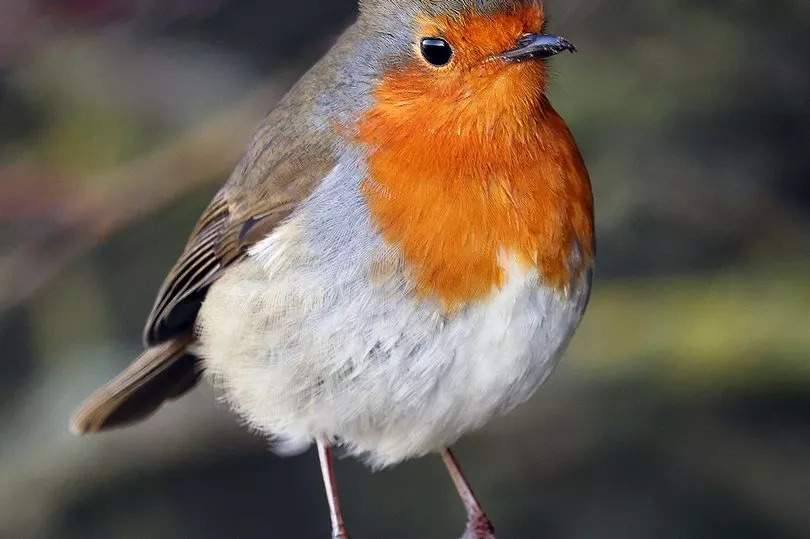Wildlife lovers have been urged to help robins and other feathered friends through fledgling season by sprinkling certain leftovers on their bird tables.
While some garden owners may think they need to purchase costly, specialist blends from garden centres, the RSPCA has said there’s no need to break the bank to contribute to bird feeding.
Scraps from many dinnertime favourites can be placed out – including rice, potatoes, cheese and cooked pasta.
READ MORE: Struggling mum requests bigger council house as family-of-seven crammed into three-bed home
Fruit, certain seeds and grains and chopped peanuts can also be dished up on bird tables.
The RSPCA has stressed that any pasta left out must be cooked first.
This is because raw, uncooked pasta could pose a risk to birds as it is difficult for them to digest.
Raw pasta can also cause bloating, discomfort, or even internal damage if it expands after being ingested.
Several bird species were facing threats due to habitat loss, dwindling food sources, climate change and pollution, ChronicleLive reports.
This is why people were being encouraged to lend a hand to assist birds in nourishing young fledglings this month.
Fledglings are young birds that have recently left their nests.
However due to their age, they were still mastering the art of foraging for sustenance, and they require ample nutrition to grow properly.
The RSPCA guidance states: “Birds love to eat fruit – apples, pears and soft fruits – and suitable seeds and grains – like nyjer, millet, oats, and sunflower seeds
“Peanuts – must be unsalted, fresh and don’t contain aflatoxin (a poison caused by fungus mould).
“Young chicks might choke on whole peanuts, so always put them in feeders with a smaller mesh.”
The charity said other food scraps that could be left out include “cooked pasta, rice and boiled potatoes or cheese and uncooked and unsalted bacon rind”.
The feeding area should be kept clean, with any leftover food removed each evening.
This advice comes after the RSPB’s temporary withdrew flat bird tables from its shops whilst examining potential disease transmission risks linked to exposed food left on them.
It now promotes regular cleaning of feeding stations and nesting boxes, plus the swift removal of any uneaten provisions.

